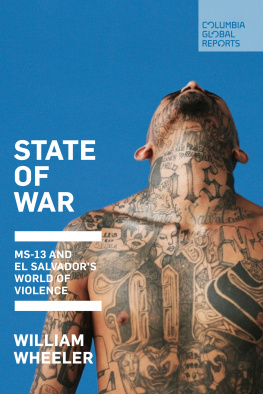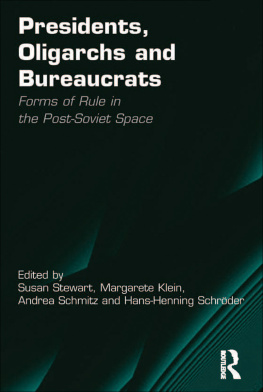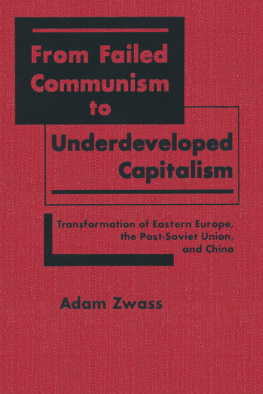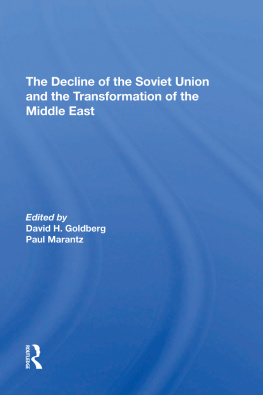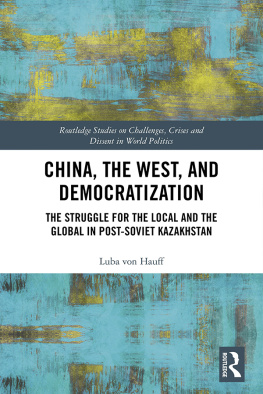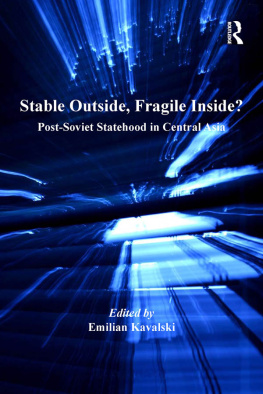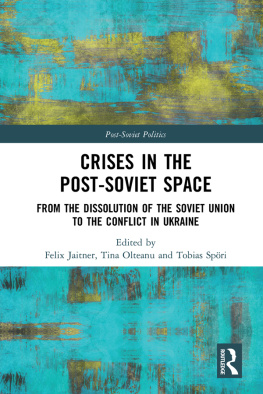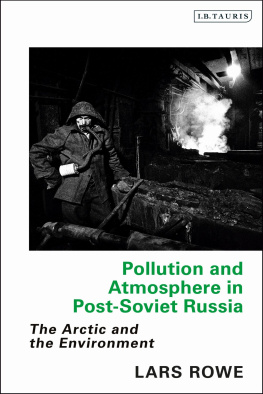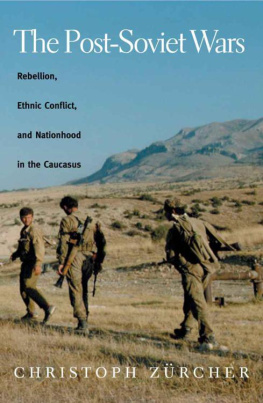ECONOMIC EXPOSURES IN ASIA
Series Editor : Rebecca M. Empson, Department of Anthropology, UCL
Economic change in Asia often exceeds received models and expectations, leading to unexpected outcomes and experiences of rapid growth and sudden decline. This series seeks to capture this diversity. It places an emphasis on how people engage with volatility and flux as an omnipresent characteristic of life, and not necessarily as a passing phase. Shedding light on economic and political futures in the making, it also draws attention to the diverse ethical projects and strategies that flourish in such spaces of change.
The series publishes monographs and edited volumes that engage from a theoretical perspective with this new era of economic flux, exploring how current transformations come to shape and are being shaped by people in particular ways.

First published in 2021 by
UCL Press
University College London
Gower Street
London WC1E 6BT
Available to download free: www.uclpress.co.uk
Text Author, 2021
Images Author and copyright holders named in captions, 2021
The author has asserted his rights under the Copyright, Designs and Patents Act 1988 to be identified as the author of this work.
A CIP catalogue record for this book is available from The British Library.
Any third-party material in this book is not covered by the books Creative Commons licence. Details of the copyright ownership and permitted use of third-party material is given in the image (or extract) credit lines. If you would like to reuse any third-party material not covered by the books Creative Commons licence, you will need to obtain permission directly from the copyright owner.
This book is published under a Creative Commons Attribution-Non-Commercial 4.0 International licence ( CC BY-NC 4.0 ), https://creativecommons.org/licenses/by-nc/4.0/ . This licence allows you to share and adapt the work for non-commercial use providing attribution is made to the author and publisher (but not in any way that suggests that they endorse you or your use of the work) and any changes are indicated. Attribution should include the following information:
Wheeler, W. 2021. Environment and Post-Soviet Transformation in Kazakhstans Aral Sea Region: Sea changes . London: UCL Press. https://doi.org/10.14324/111.9781800080331
Further details about Creative Commons licences are available at https://creativecommons.org/licenses/
ISBN: 978-1-80008-035-5 (Hbk.)
ISBN: 978-1-80008-034-8 (Pbk.)
ISBN: 978-1-80008-033-1 (PDF)
ISBN: 978-1-80008-036-2 (epub)
ISBN: 978-1-80008-037-9 (mobi)
DOI: https://doi.org/10.14324/111.9781800080331
Contents
4 Rupture and continuity in Aral fishing
villages
Photographs are the authors own except where otherwise indicated.
1.6 and 1.7 Fish factory, Aralsk, undated. Source: Museum of Fishermen,
Aralsk.
The doctoral research this book is based on was carried out at Goldsmiths College, University of London, with funding from the Economic and Social Research Council provided through the London Social Science Doctoral Training Centre. Preparation of the book manuscript has been supported by the Leverhulme Trust as part of my Early Career Fellowship at the University of Manchester.
I am immensely grateful to my doctoral supervisors Pauline von Hellermann and Frances Pine for their guidance and friendship throughout the PhD project. The project benefited hugely from Paulines expertise in environmental anthropology, as well as her encouragement to engage critically with dominant trends in the field, while Francess depth of experience of socialist and postsocialist Poland proved invaluable in helping me get to grips with my own ethnography. I would also like to thank my initial supervisor, Catherine Alexander, for her generous input to the project even after she left Goldsmiths, including her much-needed encouragement during some of the more difficult moments of fieldwork. She has remained a source of inspiration for the project throughout. The thesis further benefited from feedback from other anthropologists at Goldsmiths, in particular Victoria Goddard, Sophie Day and Isaac Marrero-Guillamn, and from the support and insightful comments of my wonderful fellow doctoral students, including Aimee Joyce, Anna Wilson, Alex Urdea, Cy Elliot-Smith, Gabriela Nicolescu, Jasmin Immonen, Maka Suarez, Matteo Saltalippi, Sarah Howard, Souad Osseiran and Will Tantam.
My PhD examiners, Madeleine Reeves and Mathijs Pelkmans, offered the encouragement and rigorous feedback that helped me see how the dissertation could become a book. Since the PhD viva, Madeleine has provided unfailing friendship and encouragement, through the difficult years of postdoctoral seeming unemployability and into my current position at the University of Manchester. The book would not have been written without Madeleines reassurance and enthusiasm at moments when I have most doubted myself. Her passion for exploring how everyday lives are lived in Central Asia, the joy she takes in anthropological theorising, and her ethical commitments to her research and to the discipline all these have been a consistent reminder of all that is best about academia.
The Social Anthropology Department at Manchester has provided me with a welcoming and stimulating environment for completing this project; special thanks to Tony Simpson for being the most supportive and relaxed boss one could wish for. Parts of the book manuscript have benefited from comments from fellow department members, including Baak Sara-Lesavre, Penny Harvey, Olivia Casagrande, Connie Smith, Caroline Parker and Patrick OHare.
A chance meeting with Niccol Pianciola in the local archives in Aralsk initiated a fruitful dialogue that sharpened my research and writing-up of the historical sections of the book. An invitation by Jeanne Faux de la Croix and Tommaso Trevisani to present my work in Tbingen in 2015, and their rich and detailed feedback, provided a timely opportunity that helped me locate my research clearly in the ethnography of Central Asia. Various parts of this research have been presented at a conference on Disaster and Property Relations in Paris (2015); an Oxford Legalism seminar series on property relations (2016); the Royal Anthropological Institute conference Anthropology, Weather and Climate Change (2016); a panel on Wittfogel at a European Association of Social Anthropologists conference in Milan (2016); and a Russian and East European Studies research seminar at the University of Manchester (2021). Many thanks to the organisers of all these events, and to other participants, for the fruitful discussions that followed. Special thanks to Marc Elie and Fabien Locher, to Franz Krause and Lukas Ley, and to Georgy Kantor, Tom Lambert and Hannah Skoda for their work in turning workshops into publications all of which have been key to the development of the arguments I present.






